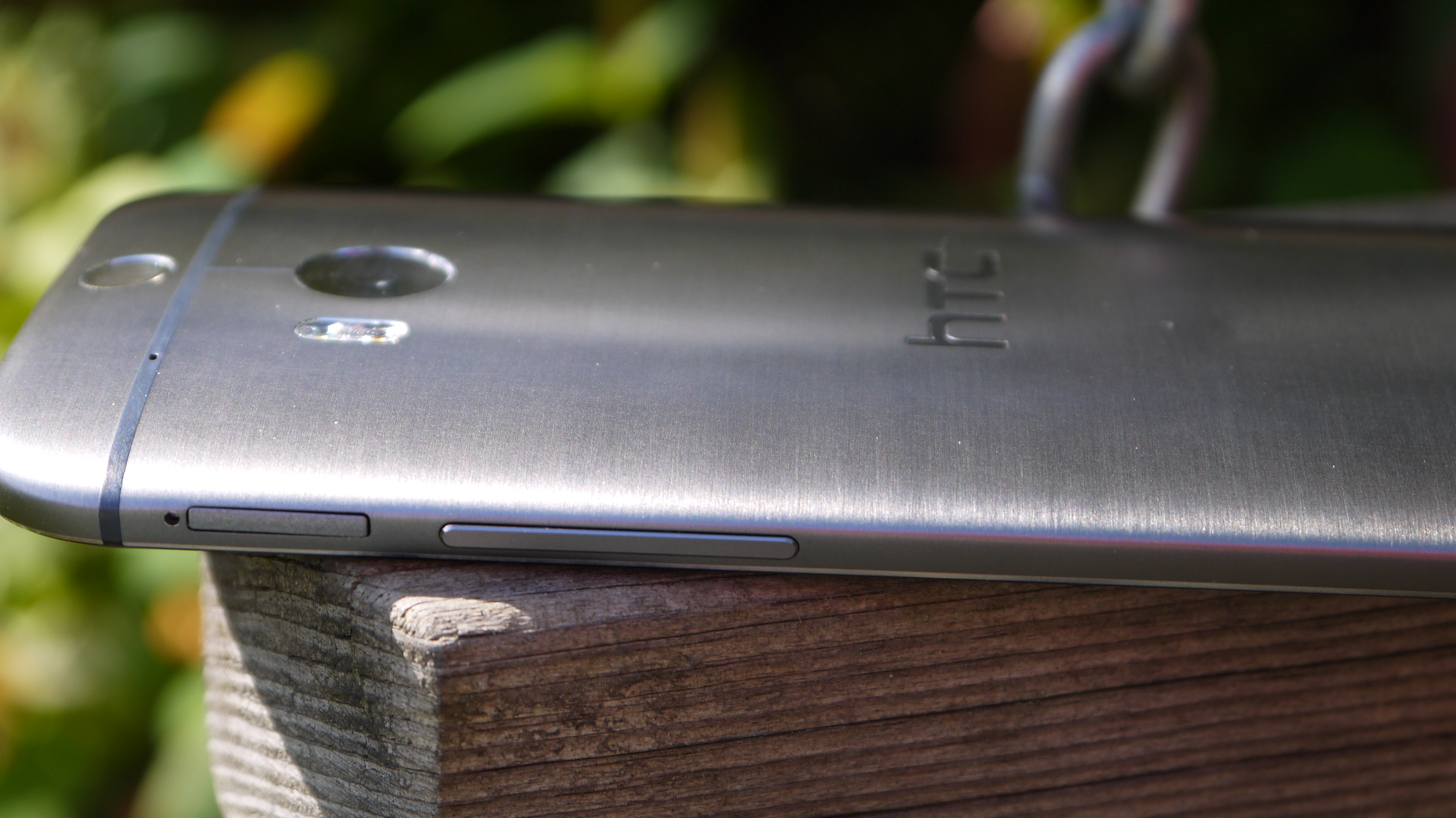Would you buy a smartphone that gets better with time?
A unique approach from an unknown company

Sign up for breaking news, reviews, opinion, top tech deals, and more.
You are now subscribed
Your newsletter sign-up was successful
Competing in the crowded smartphone market is a challenge for anyone, let alone a new player, which is why Nextbit, a company made up of ex-Google and HTC employees, is taking a different approach to most. It claims that its first phone will get better over time.
That eyebrow-raising comment came during an interview with CNET, with the company stating that "Your phone will perform better over time and function at a higher level because of this software enhancement."
Exactly how that will be achieved isn't clear. Phone performance often reduces over time as space fills up and other updates slow down the overall experience, so it sounds like the plan is to buck that trend.
There are vague comments about making a device which will adapt to you, solving storage issues with cloud technology and "supercharging" Android, without cutting you off from core Google apps like Google Play.
However it's still not really clear how any of this will differ from other manufacturer's Android customisations and software updates.
A talented team
But while we can't help but be a little sceptical for now, the team does at least have some pedigree. Members include Scott Croyle, who led the design of the HTC One and HTC One M8, Mike Chan who worked as a software engineer on Android, and Tom Moss, who was Worldwide Head of Business Development and Partnerships for Android at Google until 2010.
The phone will apparently be launched on September 1, for between roughly $300-$400 (£193-£257 / AU$411-AU$548). As well as supposedly improving over time it may well have a stylish build, given that Croyle is on the team. There's also mention of a "provocative design."
Sign up for breaking news, reviews, opinion, top tech deals, and more.
Nextbit is certainly making some bold claims, with Moss going so far as to say that its handset will be "friggin' awesome", but if the company can really deliver on its promise of a phone which improves over time then it could be on to something.
That's a big if, though, and even if it does it's only the software which will change - would that really be enough to stave off the lure of new hardware?
James is a freelance phones, tablets and wearables writer and sub-editor at TechRadar. He has a love for everything ‘smart’, from watches to lights, and can often be found arguing with AI assistants or drowning in the latest apps. James also contributes to 3G.co.uk, 4G.co.uk and 5G.co.uk and has written for T3, Digital Camera World, Clarity Media and others, with work on the web, in print and on TV.